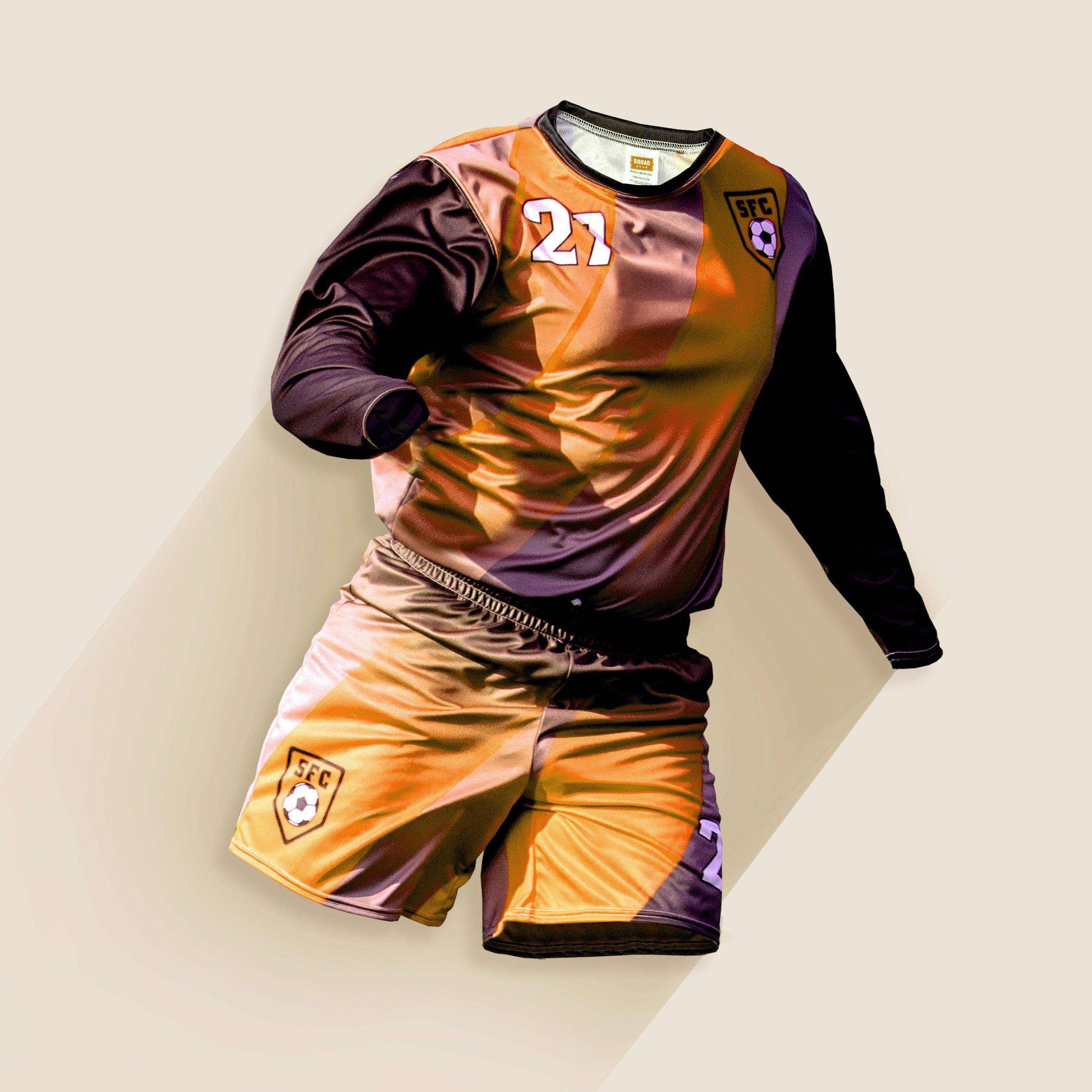Workout, eat, sleep – workout, eat, sleep – workout, and eat, then sleep… The cycle goes on and on. If you’re a trained athlete, you are probably more than familiar with the vicious circle that involves training to improve your game, eating a nutritious diet, and then sleeping enough to recover for the next round of practicing.
Many sleep studies have linked the importance of sleep with proper recovery of the muscles, as well as an increased level of energy. It may seem like common knowledge that a lack of sleep can decrease athletic performance… but what about the other way around? Perhaps too much training can decrease sleep performance. No matter how you look at this vicious circle or how you turn around the facts – it’s important to realize the link between athletic training and sleep quality.
The Plus: Sleep Quality Can Improve Athletic Performance
After a hard workout, good game, or intense practice – recovery is key. Fueling the body with fluids and a nutritious meal is important for keeping an athlete strong and stable, but what about sleep? A good night’s sleep also plays a large role in athletic performance. According to a recent study in the Journal of Sports Sciences, sleep quality and quantity has been shown to directly affect athletic performance. To turn that around – these studies have also shown that a good amount of exercise can help improve sleep quality. This seems like a win-win situation for both sleeping and exercising… but of course there is always the chance to overdo it.
The Minus: Too Much Exercise Can Hurt Sleep Quality
When an athlete over trains, it can hurt sleep quality and negatively affect their athletic performance. According to the National Sleep Foundation, sleep and athletic performance are directly linked. Too much exercise can decrease the quality and quantity of sleep, and “less sleep increases the possibility of fatigue, low energy, and poor focus at game time.” From all those sleep studies, one can be certain that sleep is highly important for an athlete’s performance. Making sure to get enough good quality sleep to properly recover and re-energize is key to the best possible athletic performance.
Avoiding The Vicious Circle: Workout, Eat, Sleep
So how does one avoid the vicious circle? As an athlete (either in high school, college, amateur or professional), it is impossible to avoid the “workout – eat – sleep” circle. But, it is possible to find a balance between a good amount of training and ample amounts of sleep – avoiding the vicious circle of a lack of sleep and fatigued training. Great nutrition and a balanced diet must also be mentioned – as diet can directly affect your athletic performance and even your sleep quality.
So to keep yourself at the top of your game – focus on training hard (but not too hard), drinking enough fluids for a great recovery, eating a balanced nutritious diet, and of course getting the right amount of shut-eye to recharge for the next day. By finding a balance between sleeping and exercise, you’ll not only improve your overall athletic performance, but also feel more relaxed and rested during everyday activities. No more sleepy athletes here!
Share this Story


.jpg)







